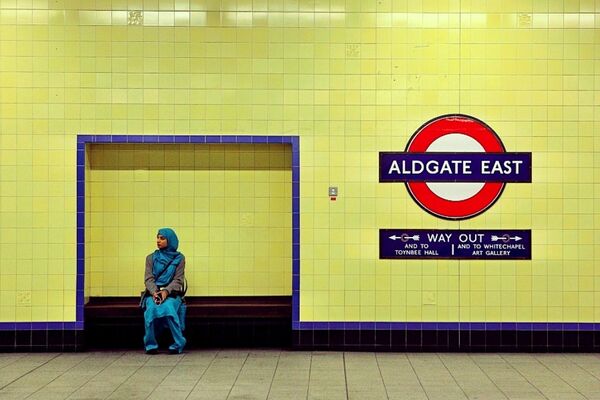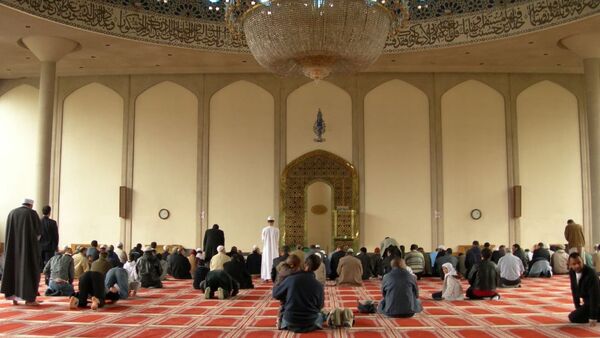49 percent of people think immigration is good for Scotland — 32 percent say it is bad. However in England, 49 percent of people thought immigration is bad, compared to 35 percent in Wales. Back in 2010, a poll for the British Council suggested that integration was easier for Muslims in Scotland than in England.
But according to the Islamic Human Rights Commission, the UK in recent years has witnessed, ‘an unprecedented increase in Islamophobic discourse that perpetuated bigotry towards Muslims that results in an intensified climate of fear'. This fear is reiterated by the rhetoric from the Home Secretary on the threat posed by British-born Muslims who have travelled to the Middle East to join the Islamic State in Iraq and the Levant (ISIL).
MI6, MI5 and GCHQ estimate that around 600 young British Muslims have travelled to Iraq and Syria, but that figure is believed to be closer to 2000. Yet the issue for Britain's security services is tracking those who return and who have been radicalised.
The issue for society is why they were radicalised in the first place.
Islamic Disengagement
Journalist Assed Baig was born and bred in Birmingham, one of Britain's most culturally and ethnically diverse cities. He recently returned to the West Midlands to find out how some young British Muslims were feeling about living in the UK amid the rising threat of Islamic State, and why some of them would want to leave.

"There was this genuine fear and a feeling of disengagement in the sense that they didn't belong. They're born and bred here but actually they don't feel accepted or part of society. They may be very British in terms of their mannerisms and language — and even their culture, but actually it's the rest of the society that isn't making them feel British."
Assed Baig says the Muslim community have always been suspected in Britain, and newspaper headlines and political rhetoric on radicalisation, immigration and Islamophobia alienates young British Muslims even more.
"It's a feeling of not being accepted, a feeling that you don't have a voice in the political framework and the feeling that you're always a suspect", says Baig. "Some of these people are educated, university graduates or professionals and if they're feeling like this, it poses a question to the rest of British society in terms of what we are doing wrong?"
The Scottish Example
Meanwhile, instead of looking to Iraq and Syria, politicians in Westminster could first look to Scotland, where Baig reported on the independence referendum. He discovered that Scottish Muslims living in Scotland actually felt Scottish.
According to Baig, the rest of the UK should take Scotland as an example of helping British Muslims feel like the are part of society.
"The majority of them were voting Yes! They wanted more of a say over their political future, they felt the politicians listened to them more and there was less Islamophobic rhetoric from politicians. Those Muslims felt a part of Scotland — they felt Scottish. Politicians living south of the border should have a look at what's happening in Scotland."
Is it because Scotland is more accepting and Muslims actually feel a part of Scotland and Scottish?
— AssedBaig (@AssedBaig) September 11, 2014
The voices of young British Muslims growing up in the UK are, according to Baig, overlooked.
"We already have a large section of the Muslim Community that is disenfranchised but we don't often hear about this because the media talks to self-appointed, so called community leaders or organisations that are on the government payroll, so they have a self-interest to keep the government funding going."
"So we only hear a sanitised, pro-establishment narrative of what life is like for Muslims growing up here — but if you go onto the streets in the inner city areas in cities like Birmingham, you hear a different narrative."
More than 200 people have been arrested this year in relation to attempting to make the trip to Syria and join the Islamic State. 16 have been charged with terrorism offences on their return.
The Home Secretary Theresa May wants to strip British suspects returning from Syria who have allegedly fought with Jihadists of their citizenship, rendering them stateless. But for many British Muslims, it seems the priority should be for politicians to help them feel part of British society in the first place.




